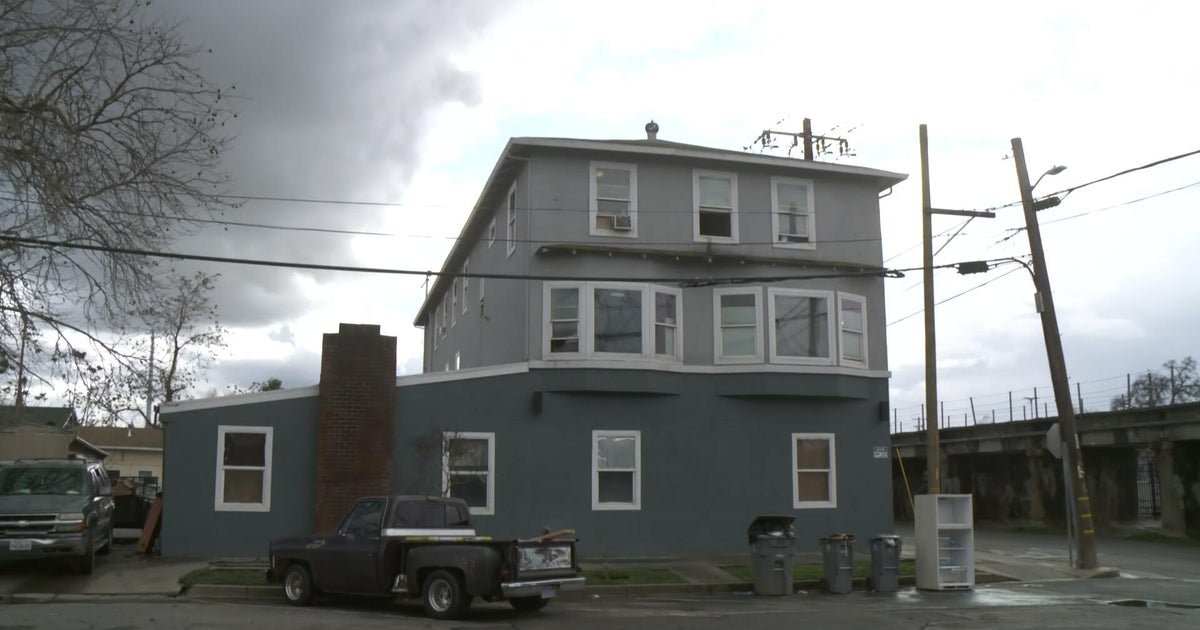Remember that looming recession? Not happening, some economists say
Economists and CEOs entered 2023 bracing for a recession. But a funny thing happened on the way to the downturn: The economy, propelled by surprisingly strong job growth and steady consumer spending despite high inflation, decided not to cooperate.
Despite a concerted effort by the Federal Reserve to hamstring economic activity by driving up borrowing costs for consumers and businesses, a recession that once seemed around the corner now seems to be ambling into next year — if it arrives at all.
Halfway through 2023, "The market has told us: no recession, no correction, no more rate hikes," Amanda Agati, chief investment officer for PNC Financial Services Asset Management Group, said in a report.
Job creation across the U.S. has so far defied expectations of a slowdown, with employers adding an average of 310,000 people every month to payrolls, according to Labor Department reports. Hiring has also accelerated since March, with payrolls rising by nearly 300,000 in April and 339,000 last month, even as the unemployment rate ticked up as more people started to look for work.
And while high borrowing costs have pushed down housing prices in some cities, a severe shortage of homes is keeping prices elevated in many markets — far from the nationwide downturn some people predicted last year.
"Wrong R-word"
"People have been using the wrong R-word to describe the economy," Joe Brusuelas, chief economist at RSM, told CBS MoneyWatch recently. "It's resilience — not recession."
Brusuelas still thinks a recession is highly likely — just not in 2023. "It's not looking like this year — maybe early next year," he said. "We need some sort of shock to have a recession. Energy could have been one, the debt ceiling showdown could have been one — and it still could."
One factor that has fueled steady consumer spending, which accounts for roughly two-thirds of U.S. economic activity: Even after the highest iinflation in four decades, Americans still have nearly $500 billion in excess savings compared with before the pandemic. That money is largely concentrated among people making $150,000 a year or more — a cohort responsible for 62% of all consumer spending.
"That's enough to keep household spending elevated through the end of the year," Brusuelas said.
Coin toss
Simon Hamilton, managing director and portfolio manager for the Wise Investor Group of Raymond James, puts the odds of a recession at 50-50, essentially a coin toss. "The reason those odds aren't higher is because people are still working! It's almost impossible to have recession with unemployment this low," he said in a note to investors.
Consumers, too, have become cautiously optimistic. A Deloitte survey in May found that the portion of people with concerns about the economy or their personal financial situation has fallen significantly since last year. The latest University of Michigan survey of consumer confidence also showed a slight uptick in sentiment last month.
To be sure, pushing back the expected onset of a recession points to an economy that is losing steam. Business investment is weakening, and high borrowing costs have slowed manufacturing and construction activity.
"The economy is holding up reasonably well but faces several hurdles during the second half of the year, including the lagged effect of tighter monetary policy and stricter lending standards," analysts at Oxford Economics wrote in a report this week.
Oxford still predicts a recession later this year, although a mild one. While the firm's business cycle indicator "suggests that the economy is not currently in a recession, [it] has lost a lot of momentum and is vulnerable to anything else that could go wrong," the analysts wrote.







